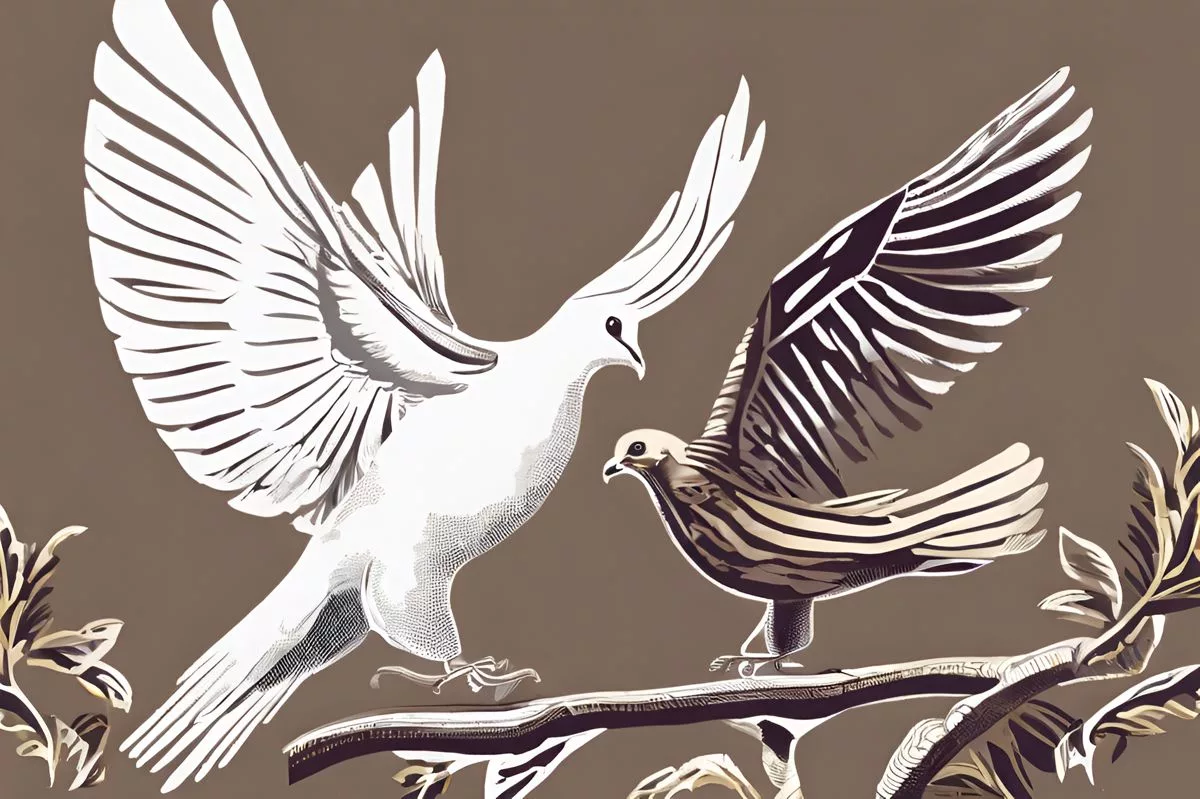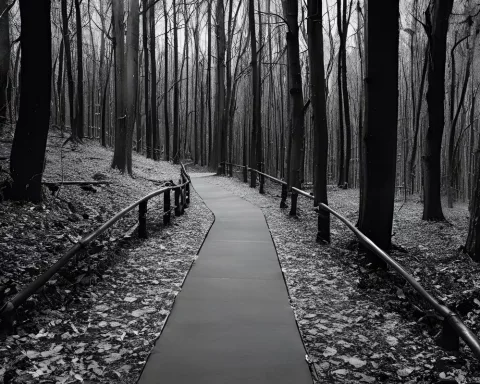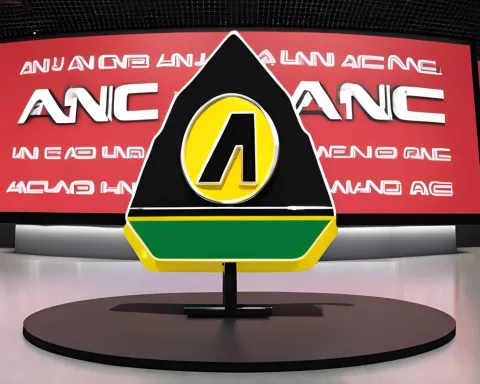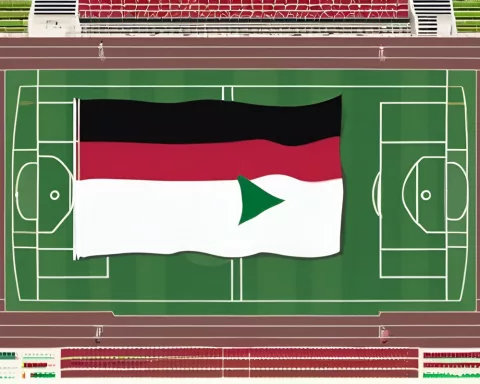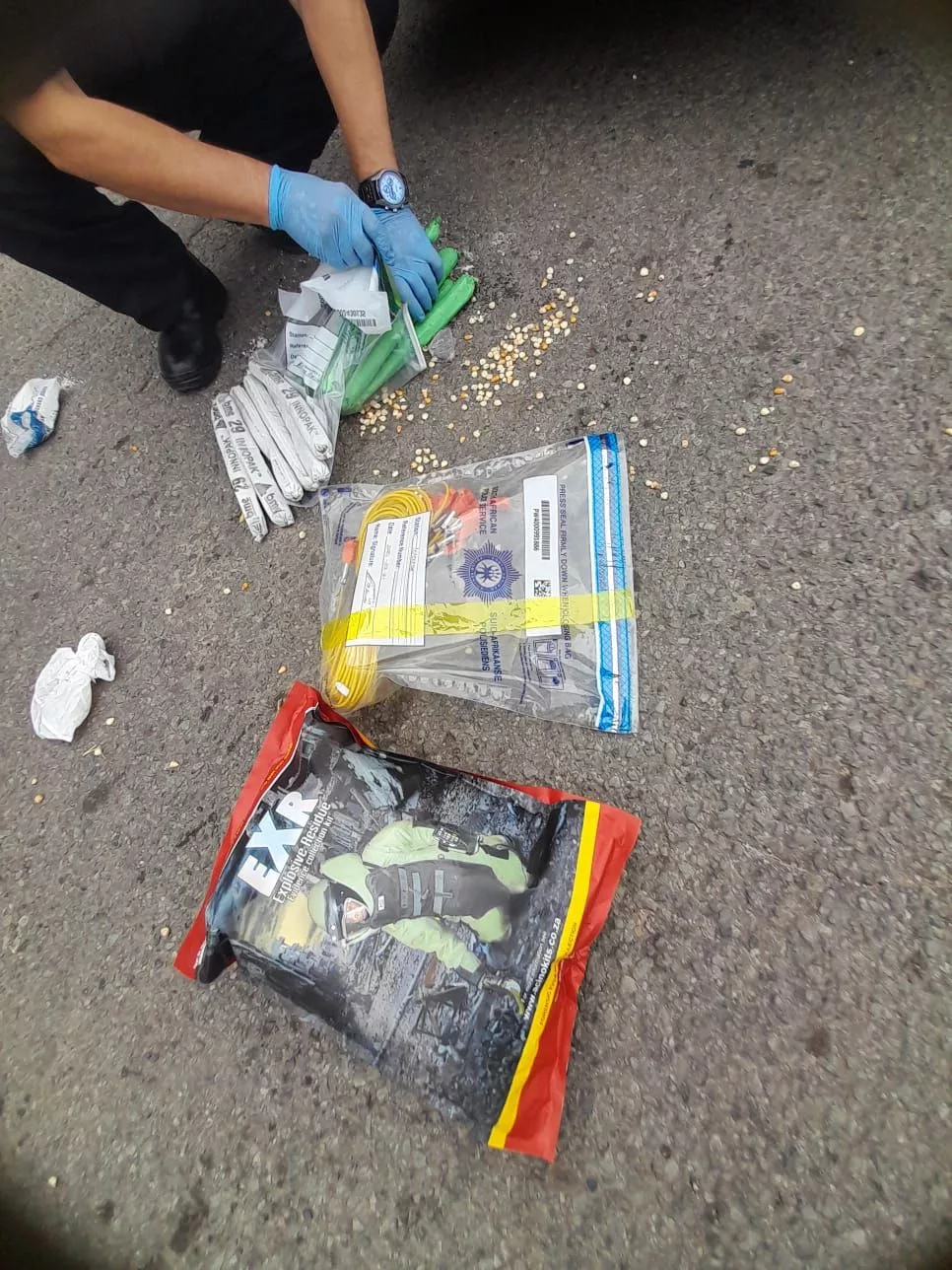Ferlon Christians, the leader of the African Christian Democratic Party in Western Cape, boldly declared his support for Israel amid controversy surrounding the International Court of Justice’s hearings regarding Israel’s control over Palestinian territory. His statement, “Long live Israel,” sparked a range of responses, illustrating the complex nature of South Africa’s stance on the Israeli-Palestinian conflict. The ACDP’s long-standing support for Israel has attracted criticism, with opponents accusing the party of endorsing Israeli genocide and fostering racism. The issue remains controversial and requires careful handling and delicate negotiation.
Who is Ferlon Christians and why did he declare his support for Israel amid controversy?
Ferlon Christians, the head of the African Christian Democratic Party in Western Cape, declared his support for Israel during the Western Cape State of the Province debate. This declaration occurred at the same time as the International Court of Justice in The Hague held hearings regarding Israel’s control over Palestinian territory, leading to a range of responses around the Israeli-Palestinian conflict in South Africa.
In an audacious and divisive act, the head of the African Christian Democratic Party (ACDP) in Western Cape, Ferlon Christians, boldly declared his support for Israel. This declaration occurred during the Western Cape State of the Province debate, stirring a wide range of reactions. The varied responses illustrated the intricate nature of South Africa’s stance on the Israeli-Palestinian conflict.
A Sudden Proclamation Amid International Hearings
Christians’ assertive statement ‘Long live Israel’ surfaced at a pivotal moment. Concurrently, the International Court of Justice (ICJ) in The Hague held hearings. The ICJ is actively reviewing applications from 52 nations and three international bodies, all seeking guidance on the repercussions of Israel’s control over Palestinian territory. South Africa’s representatives placed this issue under the spotlight while responding to the United Nation General Assembly’s request for an informal advisory view on the legitimacy of Israel’s actions in the occupied Palestinian regions.
Vusimuzi Madonsela, the South African ambassador to the Netherlands, ardently presented the South African perspective. Madonsela maintained that his compatriots could understand the repressive Israeli regime due to their past experience with apartheid — a system that was institutionalized against Black people in South Africa. He stressed that Israel’s unlawful occupation was a transgression of the crime of apartheid and likened it to settler colonialism. His argument was direct and unequivocal — Israel’s apartheid must come to an end.
Contesting Voices in the ACDP
Amid a climate brimming with fervent discussion and entrenched beliefs, ACDP MP Rev Kenneth Meshoe shared contrasting views the following day. He dismissed the government’s attempts to quell the tensions between Israel and Palestine as being ineffective. Meshoe’s critique was rooted in the necessity of recognizing and accepting Israel’s right to exist within safe and secure borders — a concept he believes is vital for enduring peace.
Raising the bar in this fiery debate, Christians rebuked the ANC during the State of the Province Address debate. He contended that everything the ANC handled either breaks, gets stolen, or vanishes. He confidently stated that his support for Israel would likely aggravate his opponents further.
Public Discourse and International Commentary
The discourse surrounding the Israeli-Palestinian conflict grew more convoluted when Premier Alan Winde referred to the Israel-Hamas war during the Western Cape State of the Province Address. He emphasized the pressing need for dialogue to reconcile differences and advocated for empathy, respect, and compassion. Winde conveyed his deep worry about the ongoing crisis in the Middle East and denounced the violence, especially against children. His stance underscored the essential need to protect children, regardless of their location — whether in the Middle East, Ukraine, or Cape Town.
ACDP’s Long-standing Support for Israel and Criticism
The ACDP’s firm backing for Israel is not a recent development. The party previously opposed a proposal to close the Israeli Embassy in South Africa and sever all diplomatic relations with Israel. The ACDP regarded such an action as unprecedented and argued that it would hinder pilgrims wishing to visit the holy land.
Nevertheless, this steadfast support for Israel has also attracted severe criticism. The ANC’s provincial spokesperson, Khalid Sayed, swiftly censured Christians and his party. He accused them of endorsing Israeli genocide and fostering racism. He emphasized that such viewpoints had no space in the inclusive societies of Western Cape and South Africa.
The intricate political terrain in South Africa mirrors the larger global context, where the Israeli-Palestinian conflict continues to be a controversial issue. As these debates persist, it is evident that the issue greatly concerns many and necessitates prudent handling and delicate negotiation.
Who is the International Court of Justice and why are they holding hearings regarding Israel’s control over Palestinian territory?
The International Court of Justice is the principal judicial organ of the United Nations. It settles legal disputes between states and gives advisory opinions on legal questions. The ICJ is holding hearings regarding Israel’s control over Palestinian territory because they are reviewing applications from 52 nations and three international bodies, all seeking guidance on the repercussions of Israel’s control over Palestinian territory.
What is the South African perspective regarding Israel’s control over Palestinian territory?
The South African perspective, presented by South African ambassador to the Netherlands Vusimuzi Madonsela, is that Israel’s unlawful occupation is a transgression of the crime of apartheid and likened it to settler colonialism. Madonsela stressed that Israel’s apartheid must come to an end.
How does the African Christian Democratic Party (ACDP) relate to the Israeli-Palestinian conflict?
The ACDP has a long-standing support for Israel. The party previously opposed a proposal to close the Israeli Embassy in South Africa and sever all diplomatic relations with Israel. The ACDP regarded such an action as unprecedented and argued that it would hinder pilgrims wishing to visit the holy land. However, the party’s support for Israel has also attracted severe criticism, with opponents accusing the party of endorsing Israeli genocide and fostering racism.
What are the differing views within the ACDP regarding the Israeli-Palestinian conflict?
There are differing views within the ACDP regarding the Israeli-Palestinian conflict. ACDP MP Rev Kenneth Meshoe dismisses the government’s attempts to quell the tensions between Israel and Palestine as being ineffective. Meshoe believes it is vital to recognize and accept Israel’s right to exist within safe and secure borders, a concept he believes is vital for enduring peace. On the other hand, Christians boldly declared his support for Israel during the Western Cape State of the Province debate, rebuking the ANC and stating that his support for Israel would likely aggravate his opponents further.
What is the discourse surrounding the Israeli-Palestinian conflict in South Africa?
The discourse surrounding the Israeli-Palestinian conflict in South Africa is complicated and heated. Premier Alan Winde referred to the Israel-Hamas war during the Western Cape State of the Province Address, emphasizing the need for dialogue to reconcile differences and advocating for empathy, respect, and compassion. The ACDP’s firm backing for Israel has attracted criticism, with opponents accusing the party of endorsing Israeli genocide and fostering racism.
What is the essential need emphasized during the discourse surrounding the Israeli-Palestinian conflict in South Africa?
The essential need emphasized during the discourse surrounding the Israeli-Palestinian conflict in South Africa is to protect children, regardless of their location, whether in the Middle East, Ukraine, or Cape Town. Premier Alan Winde denounced the violence, especially against children, and stressed the need to protect them.

